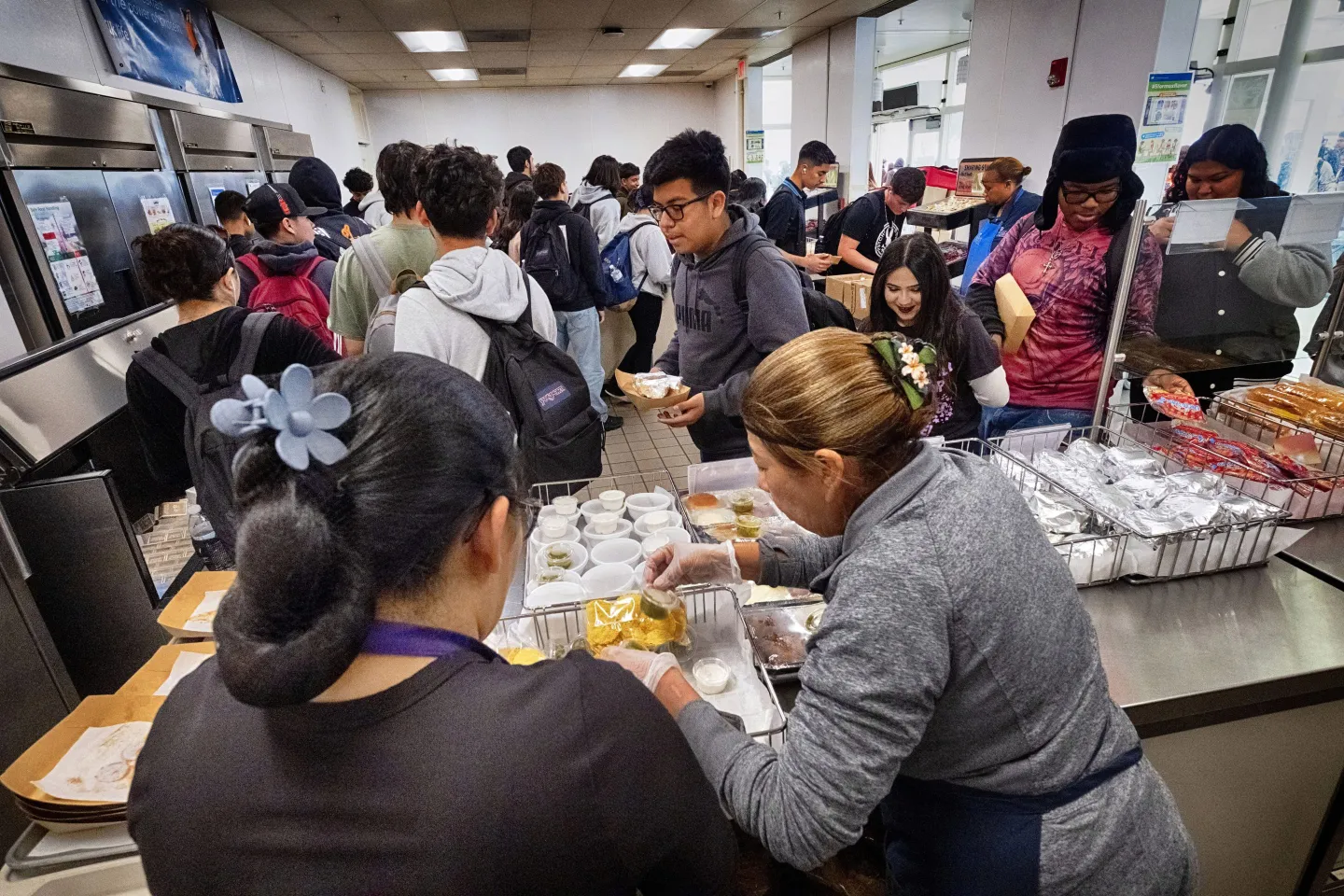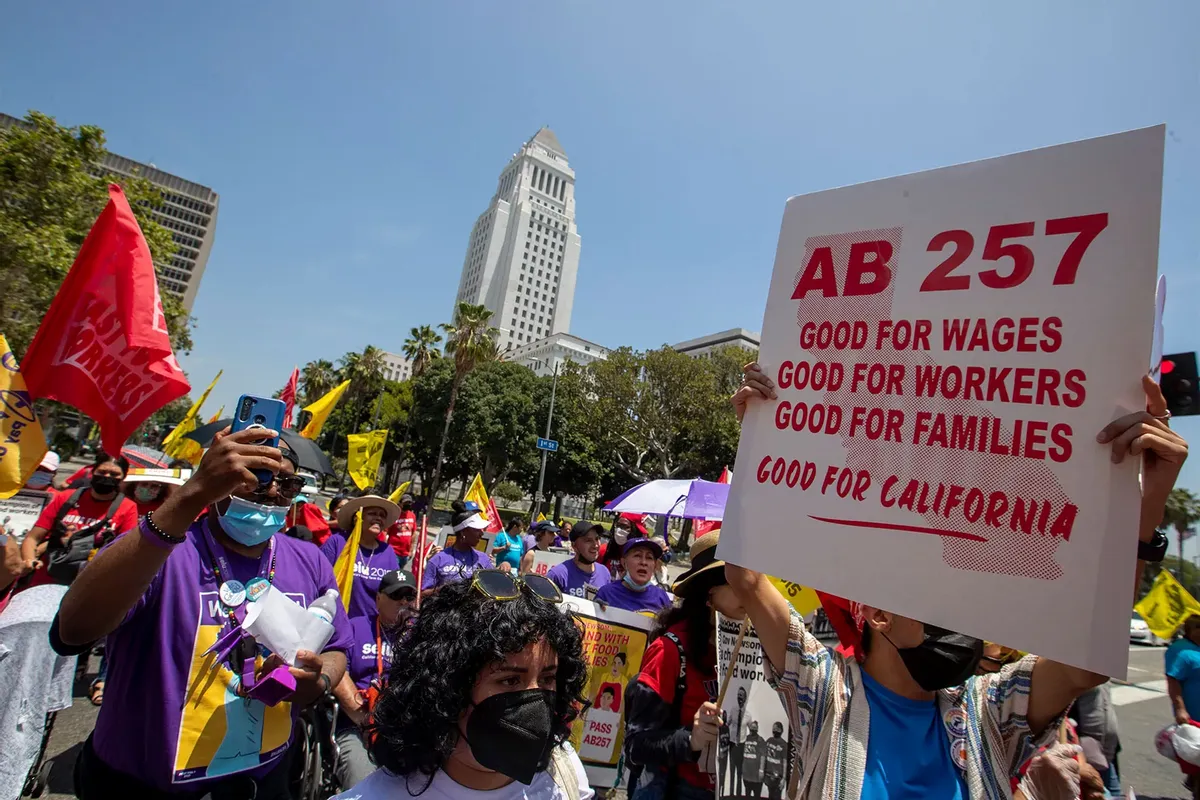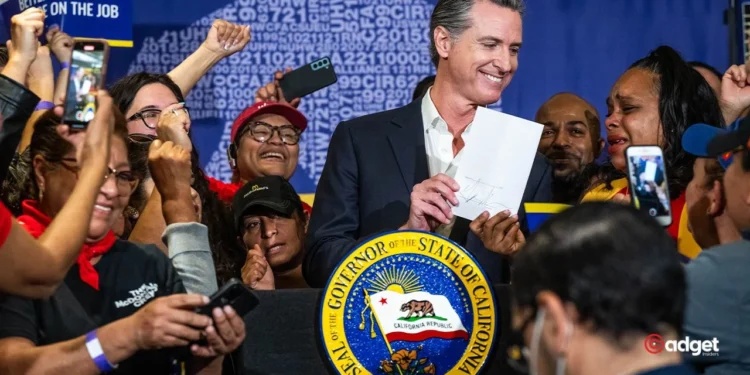Just over two months since its implementation, California’s controversial $20-an-hour minimum wage law is already sending shockwaves through the fast-food industry. This ambitious experiment, championed by Governor Gavin Newsom, has resulted in significant job cuts, with over 10,000 positions slashed as establishments struggle to cope with rising labor costs.

Strain on Major Chains and Small Businesses Alike
Even global giants like McDonald’s are feeling the pressure, forced to increase prices, reduce employee hours, and accelerate automation efforts to mitigate financial strain. The impact is even more devastating for smaller chains: Rubio’s California Grill, for instance, closed 48 locations statewide by the end of May and subsequently declared bankruptcy.
The Consumer Fallout
The repercussions of this wage hike extend to the consumer level, with notable price surges across the board. Chik-fil-A and Taco Bell have seen price increases of nearly 11% and 3% respectively since mid-February. According to a recent survey, 78% of consumers now regard fast food as a “luxury” item, underscoring the widespread financial impact of the new legislation.

Unintended Consequences of Minimum Wage Hike
This law represents more than just a wage increase; it epitomizes a broader trend of legislative actions that, while well-intentioned, often lead to unintended economic consequences. By elevating the minimum wage so drastically, the state has inadvertently reduced job opportunities for entry-level workers and escalated prices for everyday consumers.
Controversial Exemptions and Allegations of Corruption
Adding to the controversy is a peculiar exemption within the law that spares certain establishments, like Panera Grill, from the wage hike—allegedly due to connections between a major Panera franchiser and Governor Newsom. This carve-out has fueled accusations of corruption and favoritism, casting a shadow over the law’s intent and fairness.

As the state grapples with these challenges, the law continues to spark debate over its effectiveness and equity. Critics argue that it exemplifies “progressive corruption,” benefiting a select few while placing a disproportionate burden on the broader economy and its most vulnerable workers.










